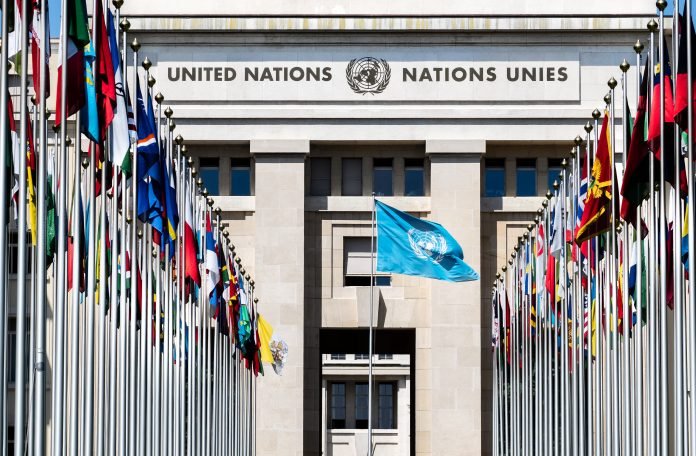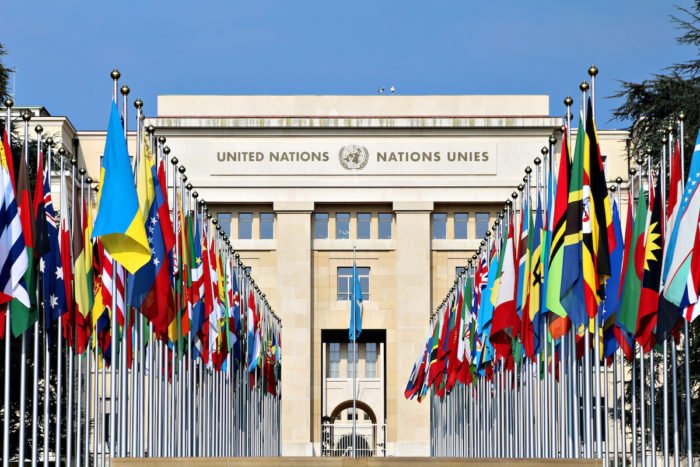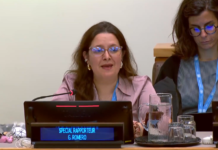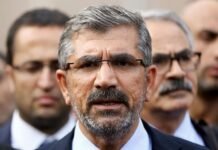UN special rapporteurs in a joint letter sent to the Turkish government in May expressed serious concern about the mass arrest and detention of opposition members and critical voices in April as part of a crackdown on the Kurdish political movement.
Referring to Articles 9, 14, 19, 21 and 22 of the International Covenant for Civil and Political Rights (ICCPR), ratified by Turkey in 2003, the UN officials urged the Turkish government to uphold fundamental rights in the country, “including the freedom of expression and freedom of peaceful assembly and of association, and to ensure restrictions to these rights are applied strictly and narrowly, in full respect of international human rights laws and standards.”
Dozens of people were detained as part of a Diyarbakır-based operation that was conducted in 21 provinces on April 25. The detentions, ordered by the Diyarbakır Chief Public Prosecutor’s Office, came three weeks before the first the leg of critical presidential elections in May that extended President Recep Tayyip Erdoğan’s two-decade rule.
Suspects were accused of links to the outlawed Kurdistan Workers’ Party (PKK), which is listed as a terrorist organization by Turkey and much of the international community.
The UN letter was sent by Irene Khan, special rapporteur on the promotion and protection of the right to freedom of opinion and expression; Matthew Gillett, vice-chair of the working group on arbitrary detention; Clement Nyaletsossi Voule, special rapporteur on the rights to freedom of peaceful assembly and of association; Mary Lawlor, special rapporteur on the situation of human rights defenders; Margaret Satterthwaite, special rapporteur on the independence of judges and lawyers; Fionnuala Ní Aoláin, special rapporteur on the promotion and protection of human rights and fundamental freedoms while countering terrorism.
“We are specifically concerned by the overly-broad definition of terrorist acts under the Turkish Anti- Terror Law, implicating a range of activities protected by the freedoms of opinion and expression, association, and political participation, as well as the unrestrained definition of a ‘terrorist offender’ that is left open to arbitrary application and abuse, notably against human rights defenders, journalists and civil society actors,” the UN officials said.
The UN officials asked the Turkish government to provide information on the legal and factual grounds for the police operation as well as the arrest, detention and charges brought against the individuals targeted by the operation.
Nuray Özdoğan, co-spokesperson for the pro-Kurdish Peoples’ Democratic Party’s (HDP) law and human rights commissions, said 295 people were detained and 61 were arrested in several investigations in April as part of a crackdown on the HDP.
A government crackdown on Kurdish parties and politicians in Turkey had reached new heights following a coup attempt in the country in July 2016.
Dozens of democratically elected Kurdish mayors were removed from office, while a large number of Kurdish politicians, including the former co-chairs of the HDP, were jailed following the coup attempt.
President Erdoğan has often accused the HDP of links to the outlawed PKK, which the party denies.














